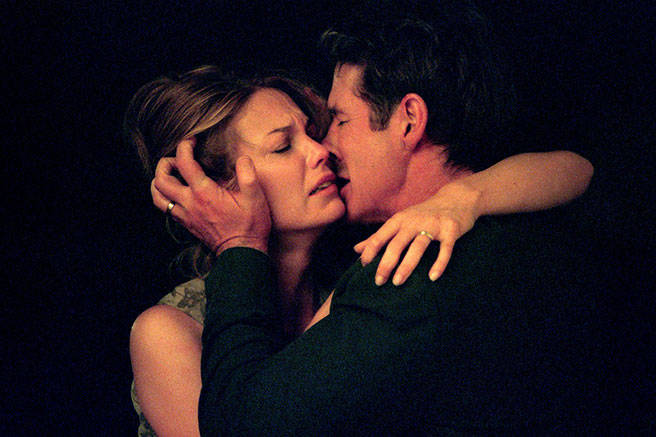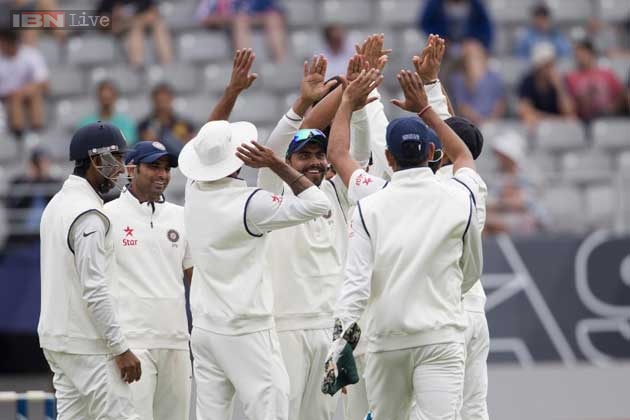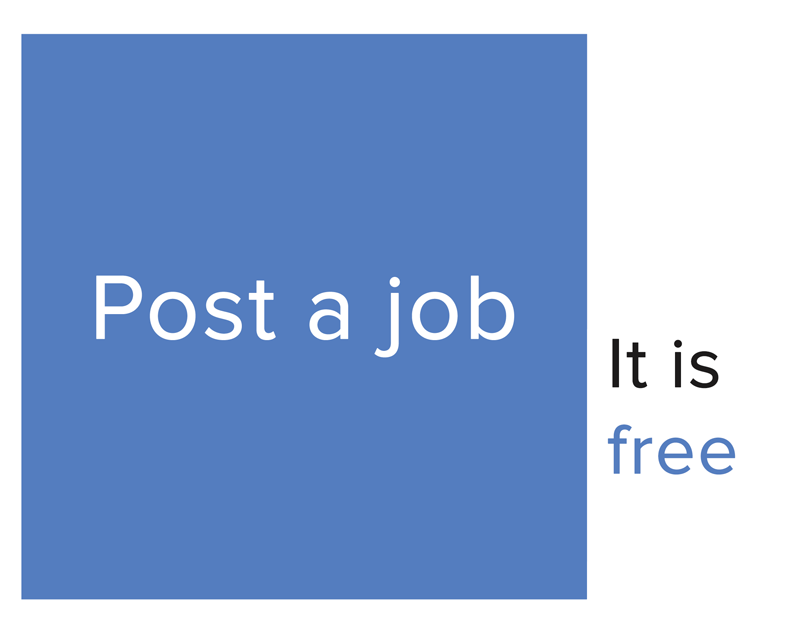
I HIT SEND: I EMAILED A STRANGER TO TELL HER I WAS SLEEPING WITH HER BOYFRIEND
“Dear Natalie,” I typed. My fingers froze over the keys. Was I really prepared to tell this woman I had never met that I’d been sleeping with her boyfriend? I continued: “I’m Rob’s teaching assistant, and I’ve been having an affair with him. He lied to me about you. It’s over, and I’m sorry.”
I clicked “send” before I could rethink my decision, which wasn’t really a decision at all, but movements spurred by rage and nausea. Rob was a 30-year-old professor; I was a 26-year-old grad student.
***
We met for the first time at a Faculty Club party. We talked briefly over gin and tonics, and he asked me to assist him with a course called “The History of Modern Africa.” I was writing my dissertation on Turkey, but for someone as handsome as Rob, I could teach Africa.
We designed a syllabus together, chose books, discovered our shared adoration of Nobel Prize-winner J.M. Coetzee. We marveled like children at every coincidence: Our birthdays were a day apart; our fathers were both scientists; his ancestors were Arctic explorers and I had always wanted to visit the Arctic. I would sit in the back of the classroom when he lectured, composing treatises on love at first sight. When I taught, he would sit in the front row and smile like an imp.
My favorite days were the ones we taught together. Selfishly, I always hoped that our students would notice an intimate glance between us, or even catch us on a date.
We started meeting for dinner. Then drinks after dinner. We discovered that we both loved poet Louise Glück. One night, after dinner and drinks, we took my dog for a walk along the Charles River. It was National Poetry Week, and someone had put up little signs in the grass with verse printed on them. We stumbled upon “Earthly Love.” Rob kissed me in the cold March wind, our legs tangled in the short leash. My stomach felt like waterfalls on fire.
He preferred to visit me in my windowless studio in Harvard Square, but a few times, we spent the night at what he called the “family apartment,” defiling the guest bedroom as I ignored the closed doors, backward picture frames, and pile of handwritten letters on the kitchen table.
***
He had told me about Natalie early in our relationship. But he was vague, describing her as a “partner” with whom he had fallen out of love and was in the process of leaving—a process slowed by her current residence in a mysterious Saharan nation with no phones or internet.
After he told me about her, I snuck a peek at the letters in their home. There was an envelope with a stamp and postmark from Mali. “Is she in Mali?” I asked.
“No, she’s out in the desert.”
I knew Mali was in the desert. I think I knew I was in their house. But I chose to imagine a world with indeterminate spaces—Natalie, lost in nationless Sahara-land; me, surrounded by locked doors in a house with no owner.
I asked him whether he loved Natalie. He said no. A couple months later, when I e-mailed Natalie, I considered telling her this. I decided not to, only because I was afraid she wouldn’t believe me.
Six months after I met Rob, he left for a trip to Rome. Although it was a research trip, he told me that Natalie was going to meet him there. He promised he would finalize the breakup.
Rob had been in Rome for two weeks when I finally got an e-mail from him. He told me he hadn’t been able to write before. (I’d always known Italy to have reliable electricity and more web cafes than trattorias.) I started scouring the Internet, and easily found Natalie’s online photo site, teeming with pictures of her and Rob kissing under the Arch of Constantine and strolling in the Piazza Navona. I knew they hadn’t broken up.
Rage comes more naturally to me than hurt. My skin tightened around my body, and my fingers flew into what felt like involuntary action. I immediately e-mailed Rob, instructing him never to contact me again. But his riddance from my life wasn’t enough. I knew the truth, and Natalie didn’t. My fingers kept moving.
Natalie responded less than 15 minutes later. She told me not to blame myself, and that she had once been in a “similar situation” and struggled with whether or not to tell the other woman. She also told me that she and Rob had been living together for four years. I felt absolved by her kindness, but I smiled when I imagined their impending breakup conversation. I took a deep breath and closed my laptop.
A year later, my best friend e-mailed me on my birthday: “Happy birthday! And… isn’t this Rob’s wedding announcement?” It was. He and Natalie had announced their marriage in The New York Times. The photo was posed, his eyes frozen on the indefinite space ahead, hers wistfully downturned. I felt sad that I had told her about Rob and me. I hadn’t intended to help Natalie come to terms with the nature of her relationship, as I had told myself at the time. I had tried to ruin it. I told her about us because I wanted to punish Rob. And I didn’t mind hurting her in the process. Once I saw that my attempt at sabotage had failed, I cringed at my “confession” e-mail, wondering whether—despite her generous response—Natalie had seen my darker motives. That e-mail wasn’t the last time I would dream about vengeance, but it was the last time I was foolish enough to think I could act on my urges without regret.
***
After I ended the affair, Rob didn’t contact me for several years. Then he wrote to let me know he was getting divorced. He sounded broken. By that time, I could tell him honestly that I was sorry his marriage didn’t work out. I also asked him why he wasn’t angry at me. He didn’t answer. I wondered if Natalie had ever confronted him.
I have a rule now: Save the impassioned e-mails in my drafts box for 24 hours. This means that most of them don’t get sent. But 10 years ago, when I decided to confront a woman I didn’t know about my relationship with her boyfriend, no such rule existed. I might have considered for a moment how she would react, but I didn’t really care.
I’ve re-read “Earthly Love” countless times since the night Rob and I first kissed. “We are all human,” Glück writes. “We protect ourselves as well as we can, even to the point of denying clarity, the point of self-deception.”
We are all human. Natalie forgave me. Rob was no less honest with me than I was with myself. I stayed with him for months after I knew Natalie existed. I let myself believe he was trying to break up with her. Deep down I must have known he was just trying to make up his mind, or I wouldn’t have been so easy on him. The truth is that I wanted him to choose me.
I often think of Natalie and hope that her lonely eyes have come to rest on something permanent. I’m tempted to reach out to her, but my rage didn’t save anyone, and my guilt won’t either. We both loved Rob. We were both happy with him. Glück admonishes us not to question whether such happiness is built on illusion. “In either case,” she writes, “it will end.”
Natalie knows that we share a painful past. Maybe she doesn’t care anymore. Maybe—despite how much I loved Rob, and envied her, and pitied her, and still wish for her happiness—she never even thinks about me.
*Natalie’s and Rob’s names have been changed to protect their privacy.
By Rebecca Green
Posted on: elle.com












